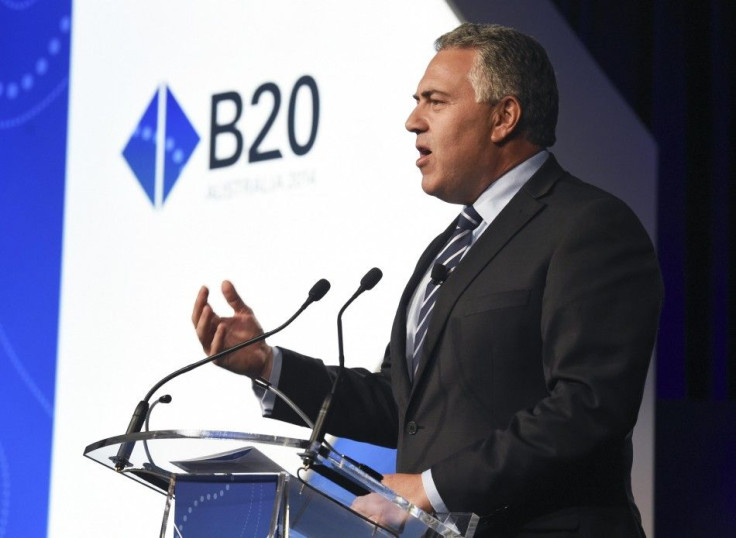Australia Not in Housing Bubble, Joe Hockey Calls International Comments as 'Lazy Analysis'

Australian Treasurer Joe Hockey has denied reports that the country is about to experience a housing bubble. According to reports, he dismissed the idea and said the rising house prices were only a "reaction" to supply limitations.
Bankers and private sector economists think Australia is not heading towards a property bubble. Hockey believes it is wrong to think that investors and households were acquiring more debt to buy houses. Speaking in a seminar at Sydney, Hockey said the rising price are not "credit-fuelled" since there seems to be a "lot of cash" going into the property market.
Foreign investments in Brisbane, Melbourne and Sydney resulted in a surge in housing construction. Hockey said the new houses can help address the shortage in Australia. The Treasurer firmly stated that the country does not produce enough houses to meet current demand.
He went on to describe the analysis of international observers as "lazy analysis" since the country basically lacks the supply to address demand. He said there is no need to assume there is a housing bubble. Hockey said there might be a price increase but he expects the market to react and construct more housing.
Hockey's comments followed the warning of Bank for International Settlements that Australia's property market appeared to be "overheated." He said a lower Australian dollar might bring in more housing investments. He did not speculate on the idea of whether or not Australian dollar's current weakness will last long enough to accelerate the country's economic transition.
UBS global chief economist Larry Hatheway warned that the Reserve Bank may resort to other ways to prevent a property bubble from happening unless the Australian dollar will fall below the 85 U.S. cents. Hatheway said Australia should rebalance the economy from depending on the mining sector to consumption and focusing on attracting export investments.
Reports said if Australia does not see a lower local currency, the Reserve Bank may use other methods like setting limits on loans for small deposits. Hatheway believes the central bank may consider macro prudential tools to rebalance the Australian dollar.
Currency experts including Hatheway believe the local currency is on a decline in the next six to 12 months. ANZ and Westpac Banking Group share the same view, reports said.





















